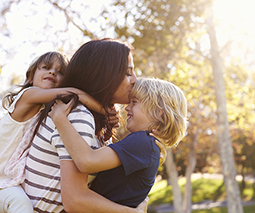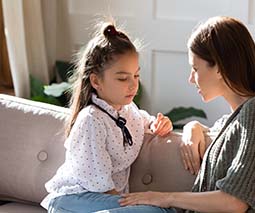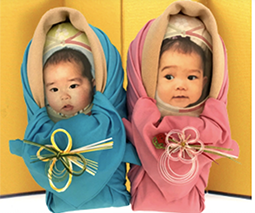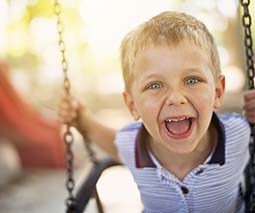How to be a more happy, confident parent and tame your inner critic
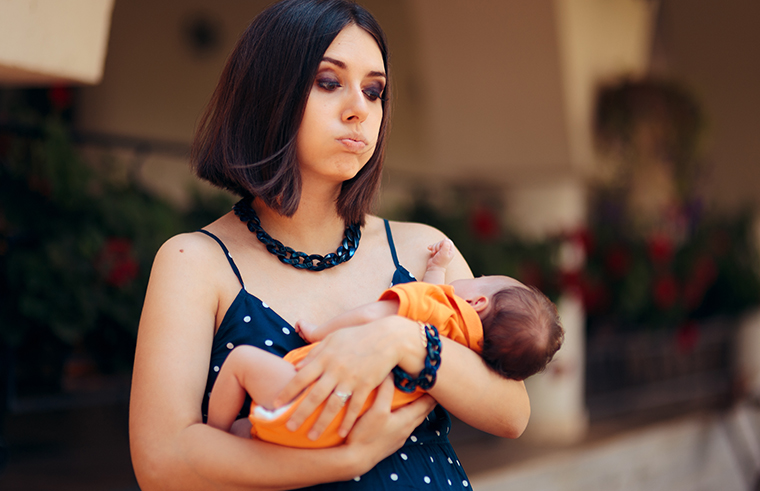
Parenting can be a very tough gig at times. Combine kids who rarely do what we want them to with the pressure to be a picture-perfect parent, and many a mum and/or dad finds themselves lying awake questioning their own abilities.
How our own wellbeing affects our children
So how do you strike a balance between managing your child’s behaviour and managing your own expectations of yourself, parenting wise?
Psychologist Warren Cann, CEO of the Parenting Research Centre, says for starters, parents need to commit to looking after themselves.
“Research is now showing us that there is a really strong connection between the wellbeing of parents and the wellbeing of their children,” Warren says.
“These things are inextricably linked. And one of things I think that can sometimes happen is that in the hurly-burly daily demands of parenting, things get to the point where we forget to invest time in looking after ourselves.”
“Part of that is the kind of nagging guilt that we ‘should’ be doing something for the kids, and that attending to our own personal needs as adults and our own relationships and so on, is selfish in some way,” he continues. “Turns out, it’s not!”
Listen to Warren Cann on Feed Play Love:
Perfect parent pressure
Warren says that the pressure to be a ‘perfect parent’ can leave mums and dads feeling like they’re not hitting the mark. “I think there’s no doubt that parents today feel under a fairly high degree of scrutiny,” Warren explains.
“They often can experience blame and criticism. Often stories in the media can be quite critical of parents, particularly stories about issues to do with children’s wellbeing and health. And I think that can make it harder to relax into parenting.”
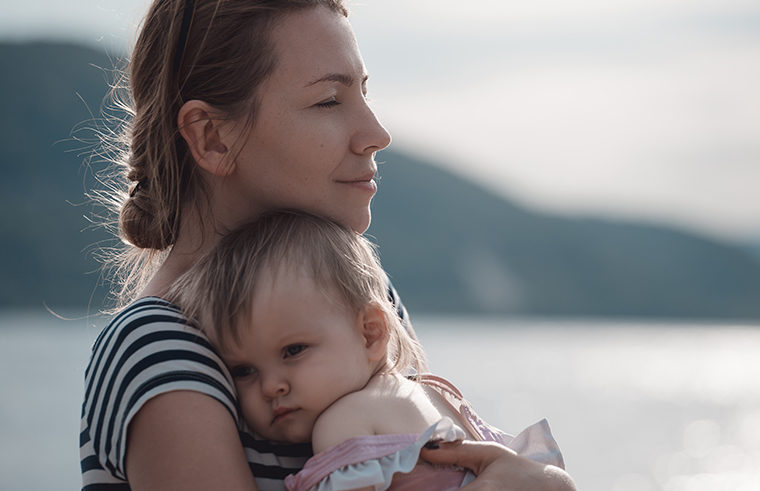
Relax into parenting
This ‘relaxing into parenting’ can help build confidence, but so can digging a bit deeper into what we want from life.
“I guess the harshest critic that we have to deal with is our own inner critic,” Warren continues.
“It’s that little voice in the back of our head that is sort of cataloguing our failures, our mistakes, our inadequacies as a parent, and sort of placing them in front of us all the time.”
“That’s why I think that in a sense, as parents, we are rightfully focused on the quality of our relationship with our children. But in a sense, we also ought to be focusing on a relationship with ourselves.”
What are your parenting values?
If you’re not sure where to start when it comes to boosting your parenting confidence, Warren has ideas.
“Spend a little bit of time clarifying what is important to you,” he advises. “What values are important to you as a parent? What do you want for yourself and for your children? Then ask a question: ‘are my behaviours as a parent taking me in the direction of those values? Are they aligned with those values?’ If they’re not, how can I nudge my behaviour so that they more align with my values?”
“Don’t worry so much about whether or not you’re meeting a standard and instead focus on ‘am I hitting my values?’ and ‘is what I’m doing effective?’ And if not, ‘what can I learn? What could I do differently that might make a difference for me and my child?'”
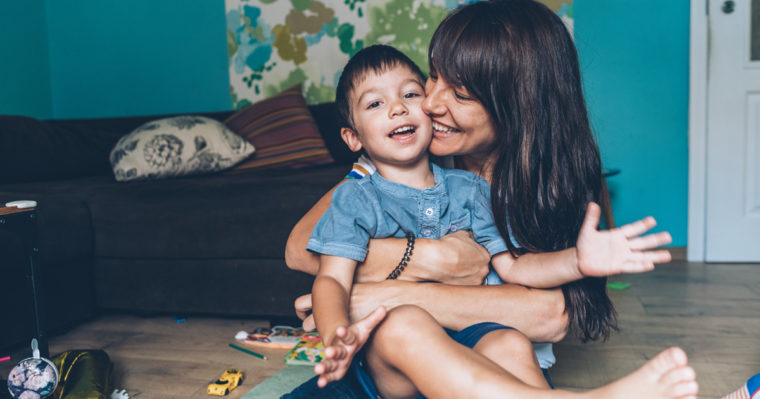
How to gain parenting confidence
Warren says that mums and dads need to let themselves off the hook when it comes to their inner critic, because parenting is constantly dealing up fresh challenges.
“Evidence is consistent with the idea that parents are not born, they’re made. And parents are made through the process of being a parent. They’re learning on the job. They’re developing as they go.”
“I think one of the things that can make a huge difference is recognising that we, as parents, are learners. And when we acknowledge that we are learners and that we have things to learn and that we can learn, we can learn that parenting is something that can be improved. That makes parenting something that we can consciously and deliberately work on and get better at.”
“I think that thinking of ourselves as learners means that we can go easier on ourselves when we make mistakes,” Warren explains.
Just like we do with our children.


